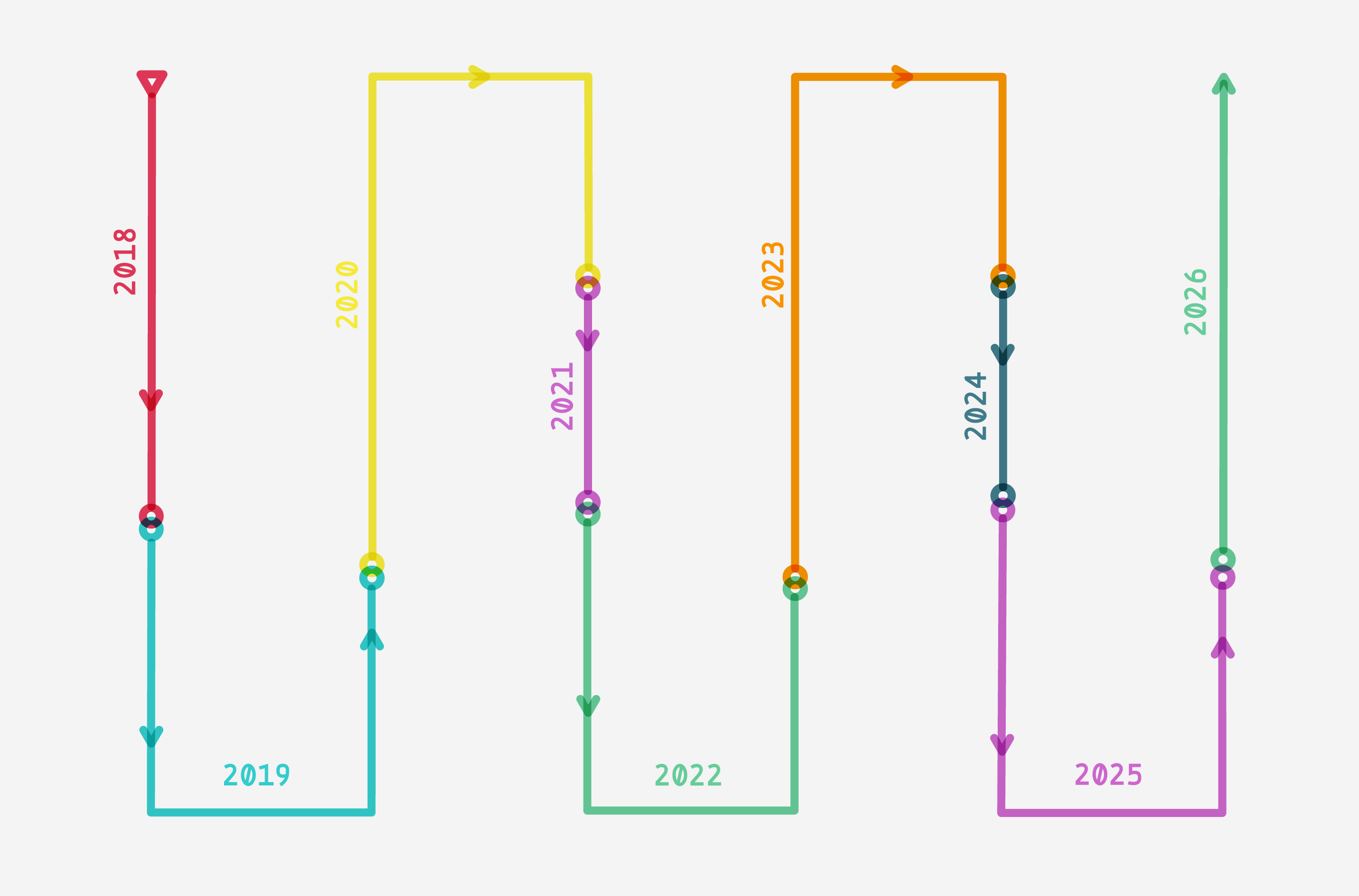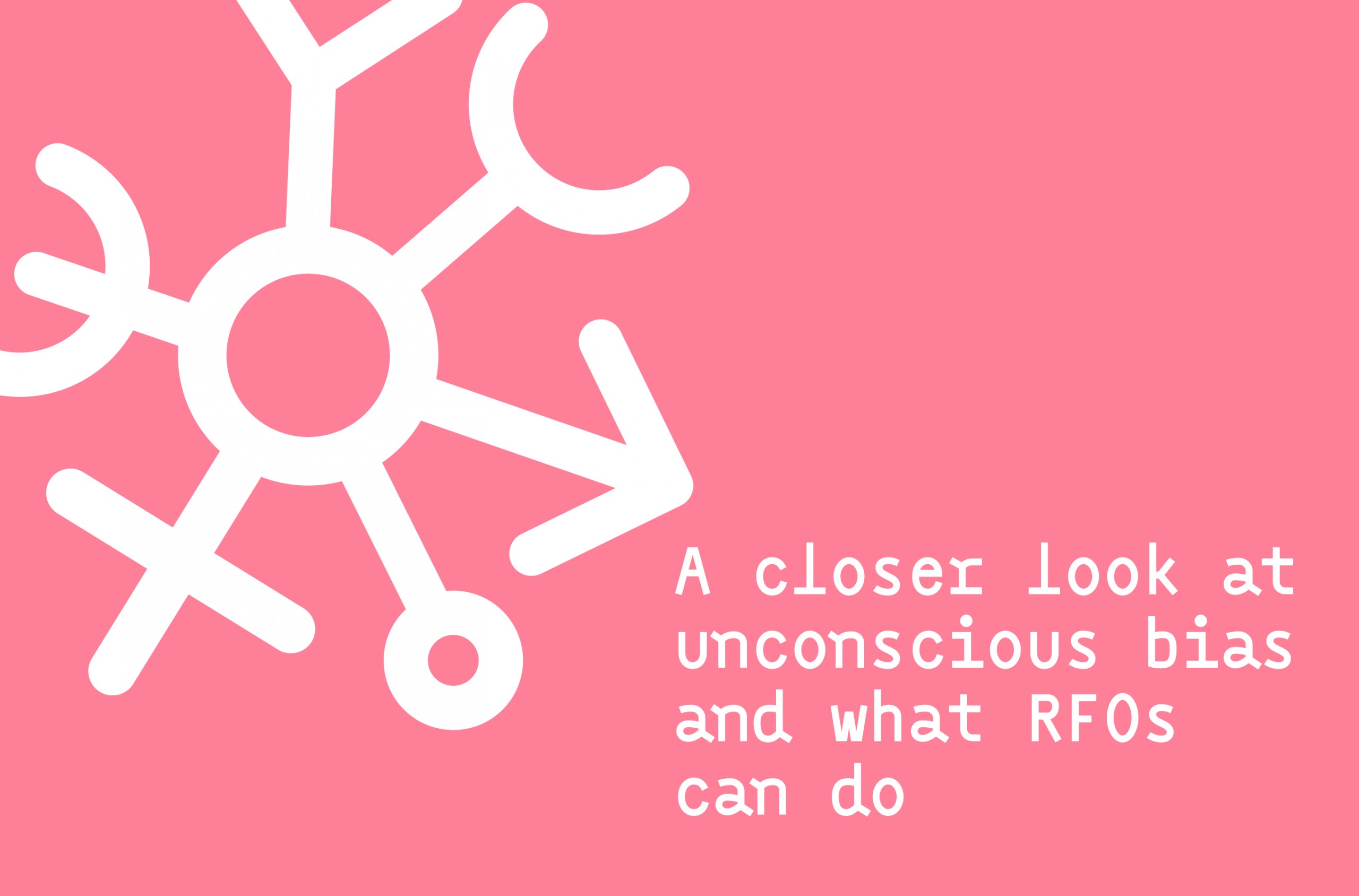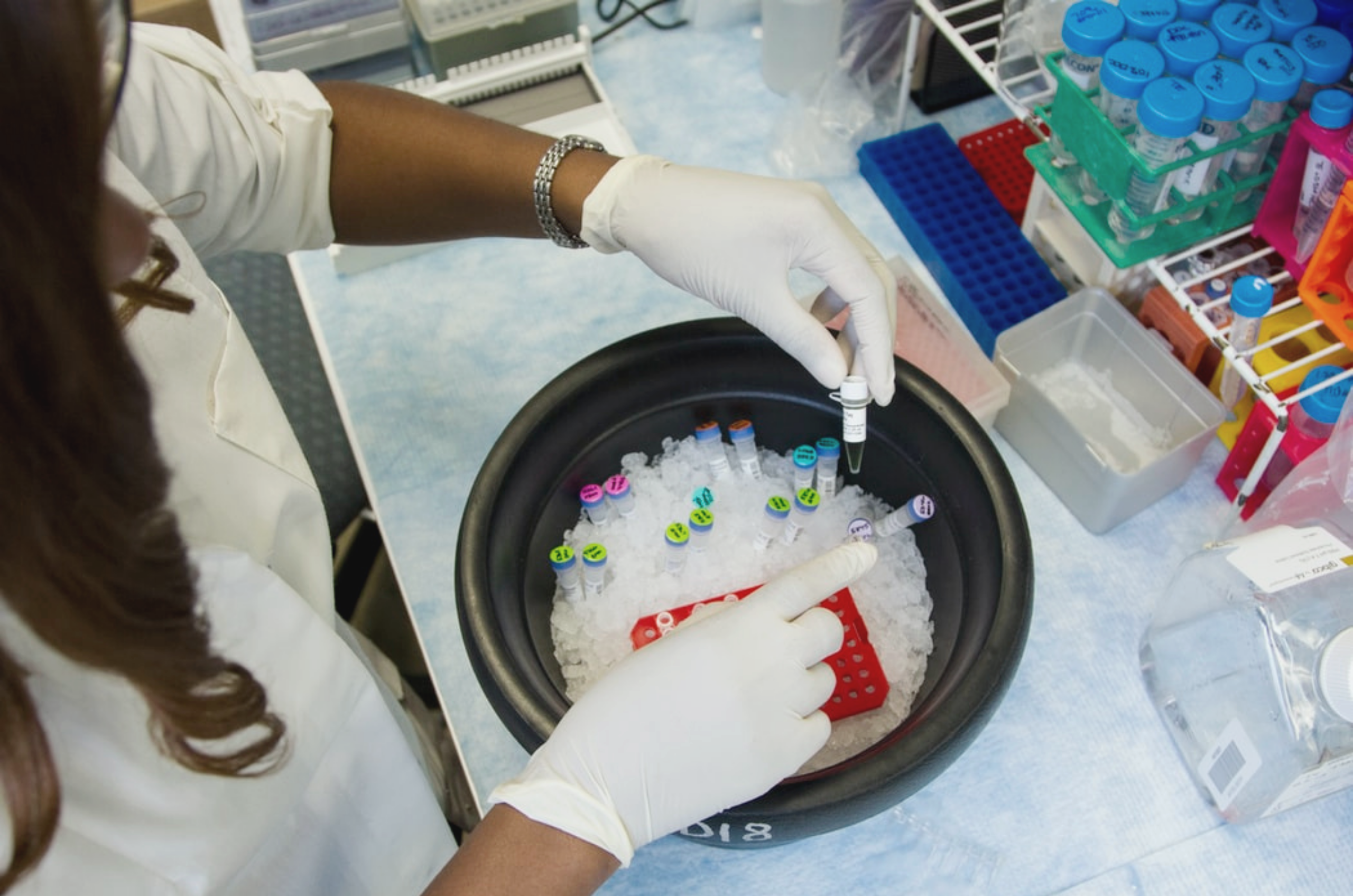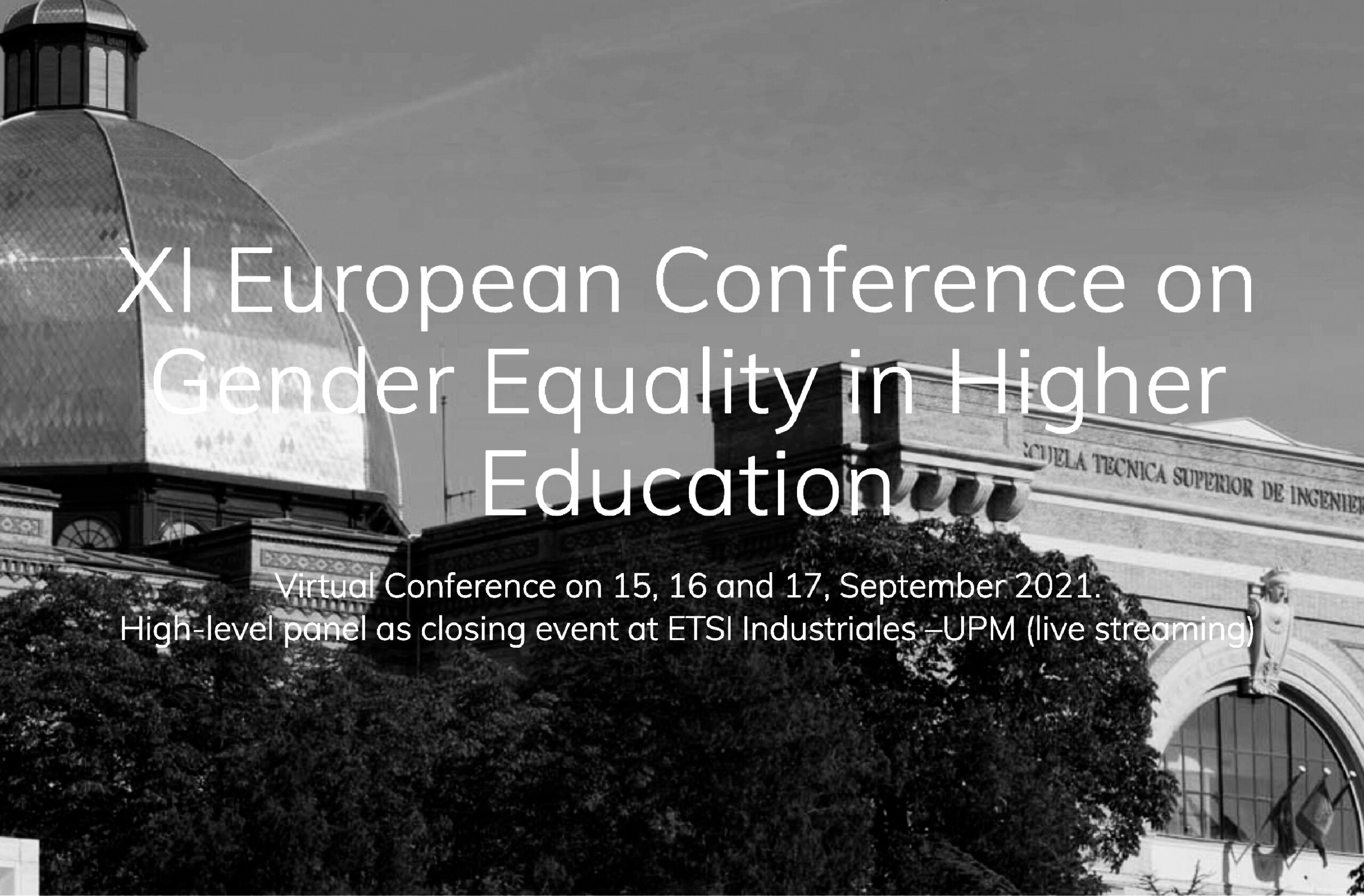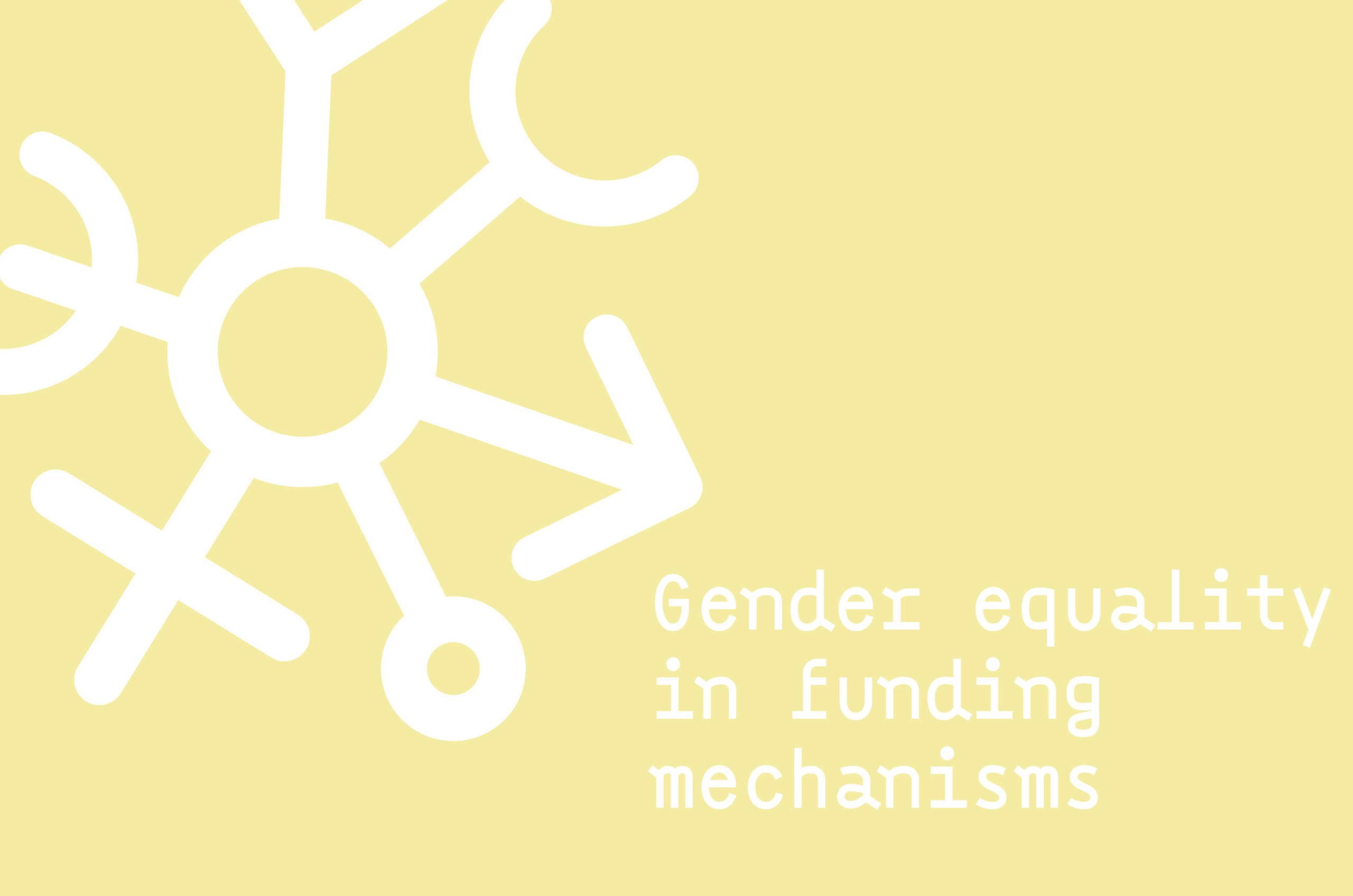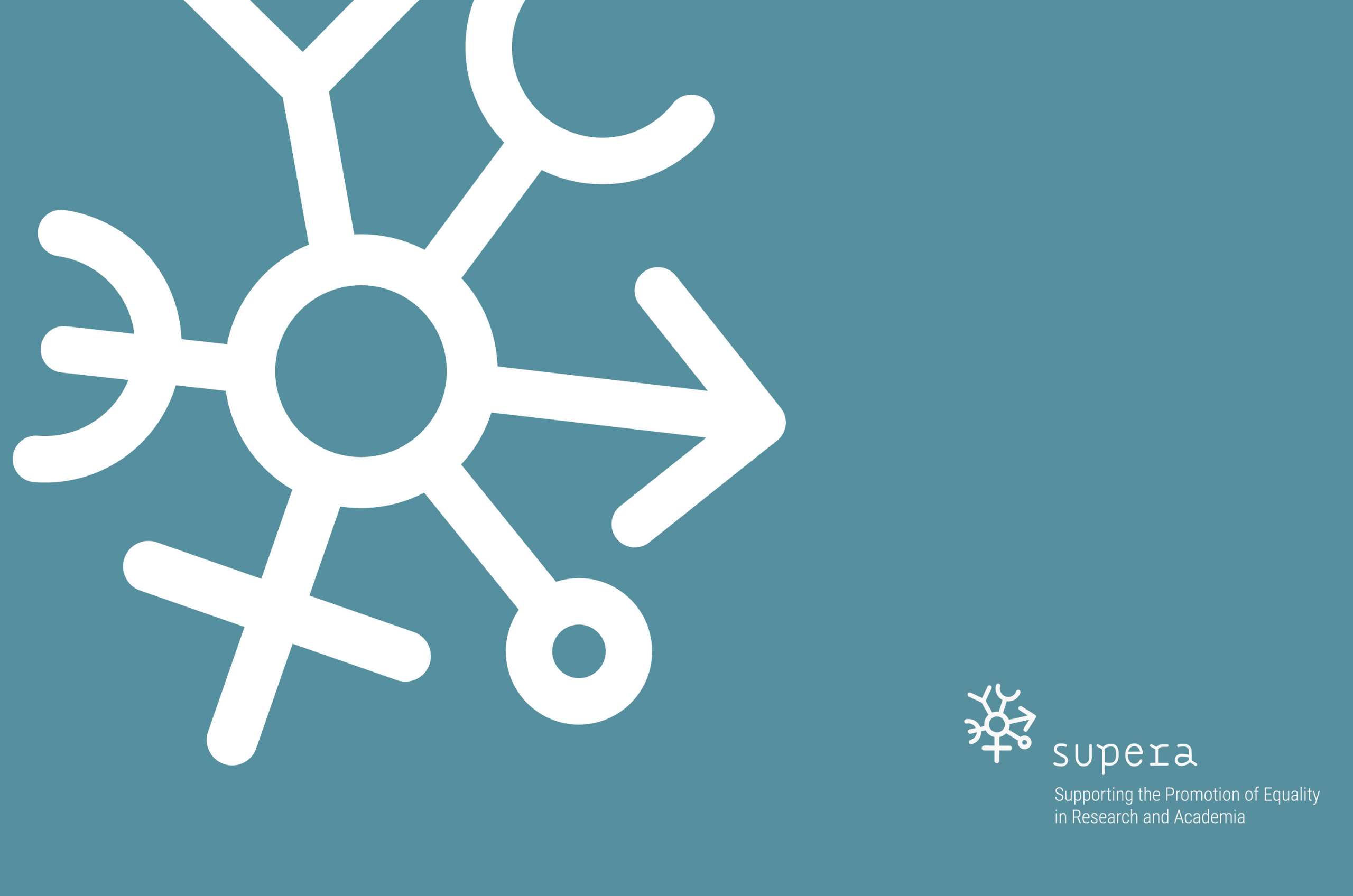E-learning training modules on gender equality for R+D+I financing activities
The Spanish State Research Agency has issued a series of e-learning training modules on different aspects of gender equality in R+D+I, developed in collaboration with the Women and Science Unit of the Spanish Ministry of Science and Innovation, as part of the actions foreseen in the I Gender Equality Plan of the Agency 2021-2023.
Visit the page on the website of the Spanish State Research Agency: E-learning training modules on different aspects of gender equality in R+D+I, for R+D+I financing activities
Visit the section dedicated to training resources on the website of the Spanish Ministry of Science and innovation: Recursos didácticos
Here is the full list of video trainings (in Spanish language, with self-generated English captions):



